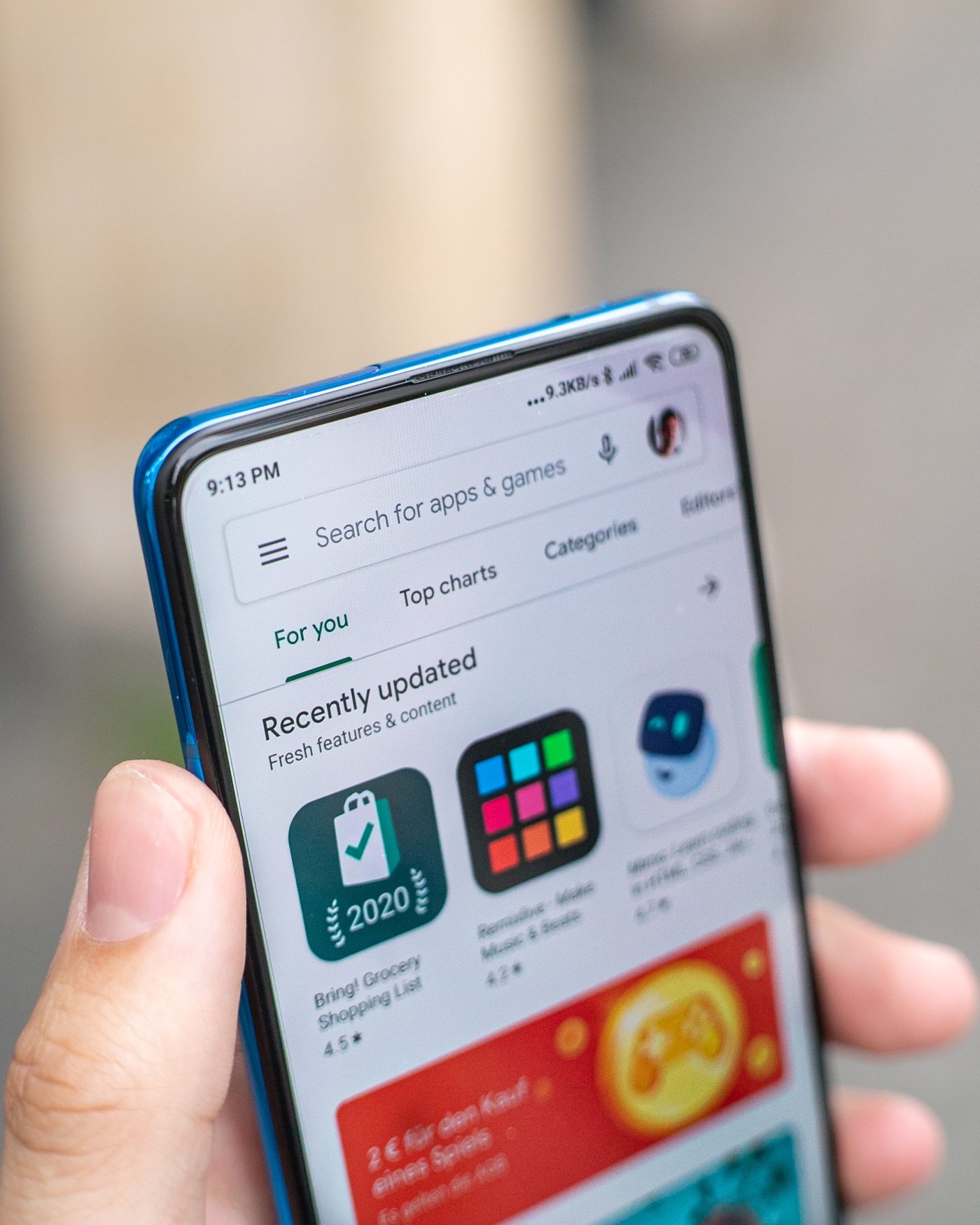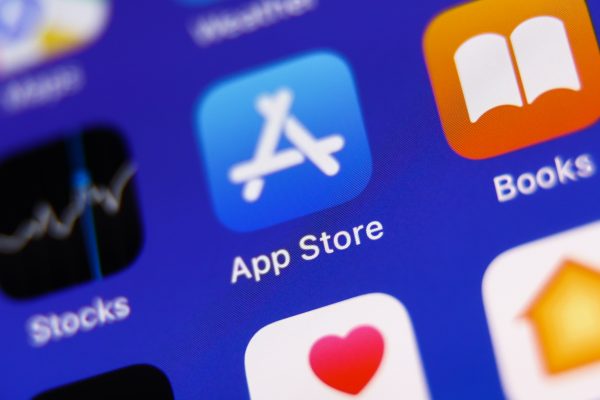It’s court cases in the US. It’s a new regulation, the Digital Markets Act, in the European Union. Both target app stores, which house thousands of third-party apps, from Spotify music to Epic video games.
The high-profile US court cases and EU regulation underline how app stores have moved front and center onto both European and American policymakers’ agendas. Substantive change could be coming – or regulators could find it hard to impose change. It will take time before a final verdict becomes clear.
The stakes are huge. Apple paid $320 billion to developers last year, helping explain why mobile applications account for a significant percentage of technology startups. Whether those startups succeed or fail often depends on profit margins and their visibility on the app stores. App stores wield enormous power to determine which applications succeed and fail, and the European and American efforts to reform them will determine what (if any) limits the law puts on that power.
Two app stores divide the market. iPhones, iPads, and other Apple products deliver applications through the Apple AppStore. Android devices depend on the Google Play Store. Both app stores insist on certain requirements to be listed and charge developers for many of their services.
Spotify and Epic have launched court cases and lobbied hard for regulation to reduce fees and allow them to sideline the app store. If a user buys a product through the app store, including in-game purchases, then either Apple or Google gets up to a 30% cut.
If gamers go to the Epic website and buy in-game tokens, however, then the app stores get nothing. Epic argues that Apple and Google used monopoly positions in the market to maintain their 30% revenue cut. Not surprisingly, Epic and other developers often prompt users to purchase their in-game tokens and avoid the charge. Apple and Google both prohibit this “steering.”
Apple holds a unique position because it manufactures both the devices and the operating system. The AppStore runs only on Apple devices. Europe’s Digital Markets Act will require Apple to allow app stores other than their own onto Apple devices. It could allow sidelining and access to alternative payment services.
But will Europe’s Digital Markets Act also restrict Apple and Google from taking that 30% revenue cut? Will it allow them to ban steering? That’s not clear. Negotiations are ongoing with the European Commission to figure out how the new law is interpreted and applied. Apple also looks set to challenge the EU’s decision in court, even if will have to comply with the new rules during the appeal.
In the US, the courts are on the front line. Epic has filed suit against both Apple and Google. Because it only controlled a little more than 50% of the market and had a major competitor (Google), Apple argued that it wasn’t a monopoly. Its 30% revenue cut was justified because Apple had significant operational costs and standards related to the management of the AppStore.
Independent game stores, including Epic, suffer serious issues with content moderation and security, Apple added. Its policies set standards and preventing steering away from the AppStore protects customers.
Although a California district court ruled for Apple in May 2021, the verdict is under appeal and the court found against Apple on its anti-steering policy Both Apple and Epic petitioned the Supreme Court. Epic wants a clear affirmation that Apple is a monopoly in app stores; Apple wants the scope of the district court’s ruling limited only to its dispute with Epic, instead of finding that the anti-steering policy is illegal across the board. The Supreme Court has not yet decided whether to pick up the case.
The Google case has differences, though it’s being tried in the same district as Apple (the Northern District of California). Arguments and testimony in the case are currently being heard, which means a decision is unlikely until at least the new year. Google CEO Sundar Pichai testified this month. He denied any wrongdoing, arguing that its dominance over Android downloads is the result of successful business practices and competition with Apple’s app store.
Unlike Apple which allows no other app stores on its IOS platform, other app stores exist on Google’s Android platform, including offerings from Amazon, Samsung, and Huawei. This protects consumer choice, Google argues.
App stores aren’t just products on our phones; they’re digital marketplaces where new products can succeed or fail. Digital games and social media startups rely on them to reach consumers and often need those app stores to process payments. These cases will determine the rules for those crucial digital marketplaces,
Joshua Stein recently completed a postdoctoral fellowship at the Georgetown Institute for the Study of Markets and Ethics. His work focuses on ethics, technology, and economics.
Bandwidth is CEPA’s online journal dedicated to advancing transatlantic cooperation on tech policy. All opinions are those of the author and do not necessarily represent the position or views of the institutions they represent or the Center for European Policy Analysis.





